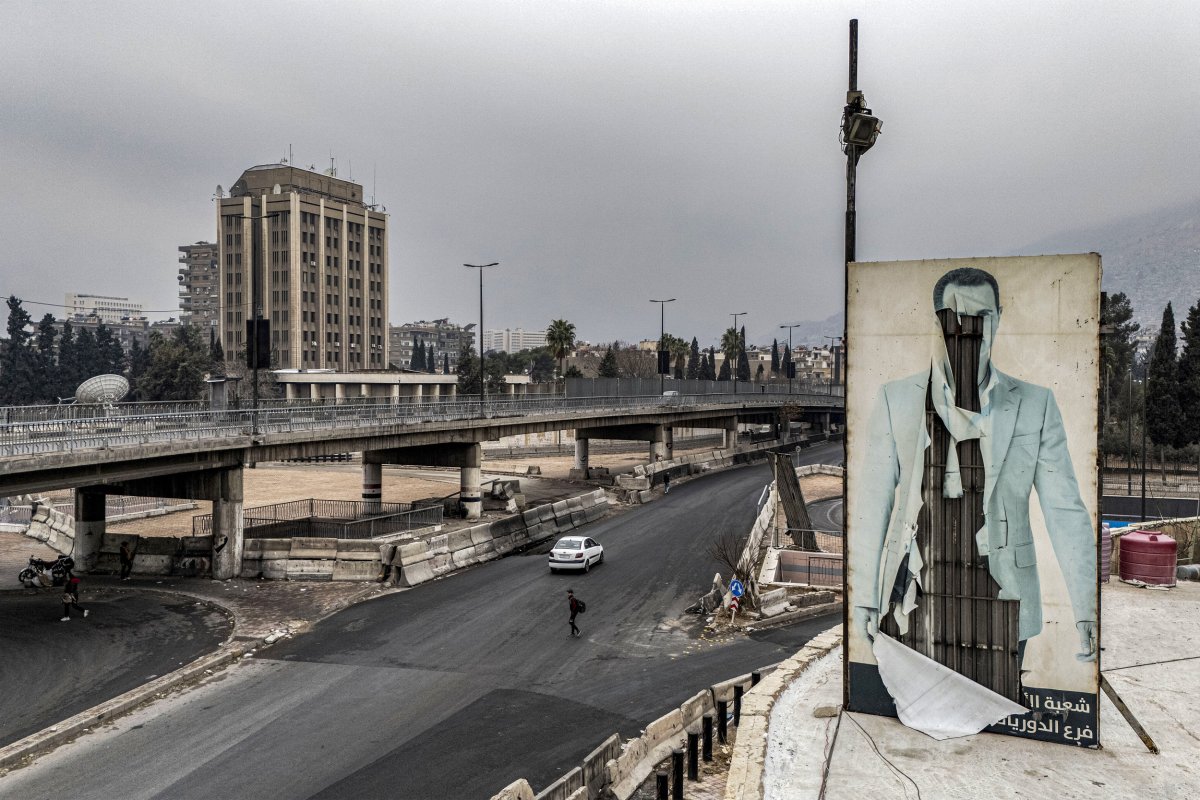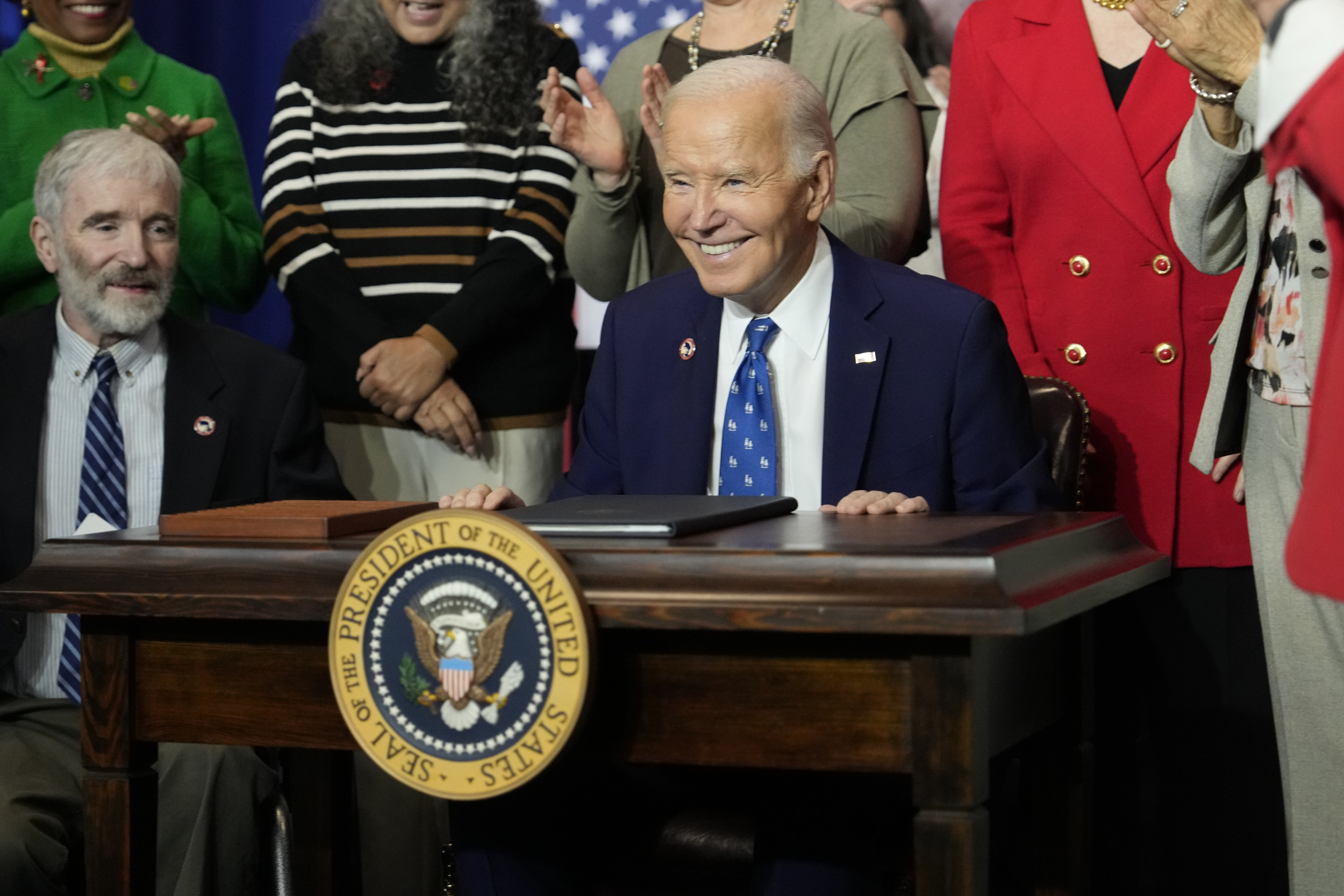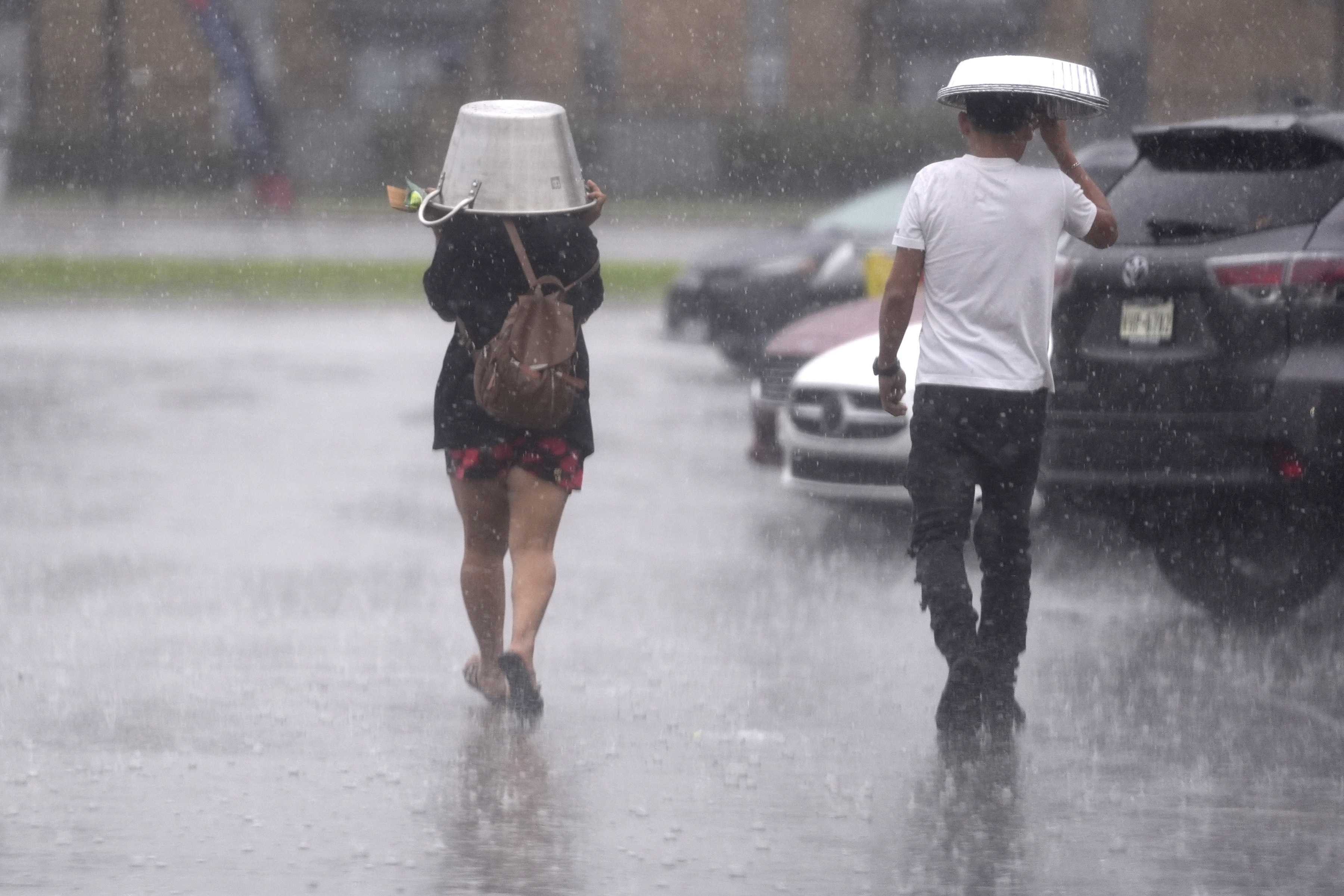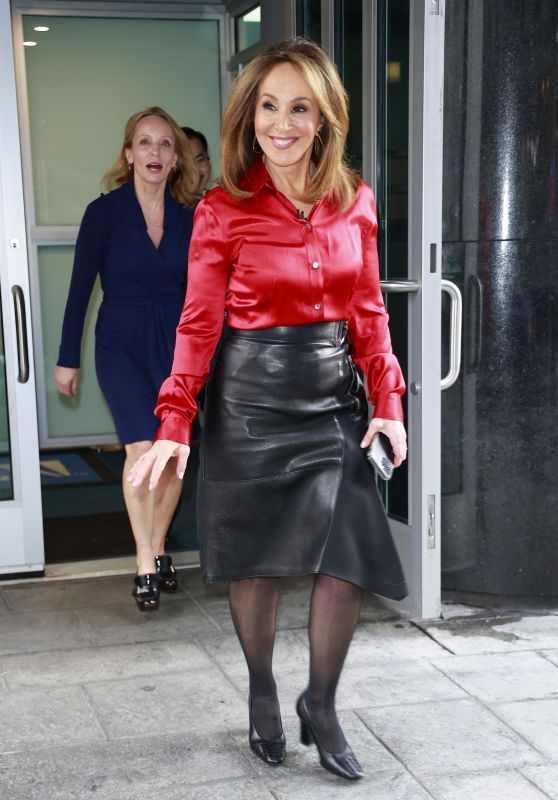What's New
The United Nations body tasked with probing serious crimes in Syria announced Monday that Syrian authorities were "very receptive" to its cooperation requests during a recent visit.
Preparations are now underway to begin operations on the ground.
Why It Matters
Following the rebel-led ousting of President Bashar Assad and the subsequent opening of prisons and detention centers, calls have grown among Syrians to hold those responsible for atrocities and killings during Assad's regime accountable.
Since the fall of Assad's regime a few weeks ago, tensions across the Middle East have continued to remain high, prompting concerns from countries in the region.
Now, all eyes are on the Islamist Hayat Tahrir al-Sham (HTS) group—a former Al-Qaeda affiliate—and its leader, Abu Mohammed al-Golani, as questions arise as to his willingness and capacity to come through on promises to eschew extremism and oversee a more prosperous and inclusive future for Syria.
What To Know
The U.N. team's visit, led by Robert Petit, chief of the International, Impartial and Independent Mechanism for Syria, marked the organization's first since its establishment by the U.N. General Assembly in 2016. Created to aid in collecting evidence and prosecuting individuals responsible for potential war crimes, crimes against humanity and genocide, the mechanism's work targets atrocities committed since the Syrian civil war began in 2011.

Petit emphasized the critical need to secure documents and other evidence, warning that time is running out to prevent valuable materials from being permanently lost.
What People Are saying
"The fall of the Assad rule is a significant opportunity for us to fulfill our mandate on the ground," Petit said, according to The Associated Press. "Time is running out. There is a small window of opportunity to secure these sites and the material they hold."
On Monday, U.N. associate spokesperson Stephane Tremblay said that the investigative team "is preparing for an operational deployment as early as possible and as soon as it is authorized to conduct activities on Syrian soil."
A spokesperson for the UN International, Impartial and Independent Mechanism (IIIM) told The Associated Press: "We are preparing to deploy on the expectation that we will get authorization."
"The representatives from the caretaker authorities were very receptive to our request for cooperation and are aware of the scale of the task ahead," the IIM spokesperson, speaking on the condition of anonymity, said. "They emphasized that they will need expertise to help safeguard the newly accessible documentation."
Petit noted that "Even at one facility the mountains of government documentation reveal the chilling efficiency of systemizing the regime's atrocity crimes."
What's Next
Petit stressed that achieving justice will require a united effort among Syrians, civil society groups and international partners. He underscored the urgency of preserving evidence, preventing redundancy in efforts and ensuring that all victims are inclusively represented in the quest for accountability.
This article includes reporting from The Associated Press.




















 English (US) ·
English (US) ·